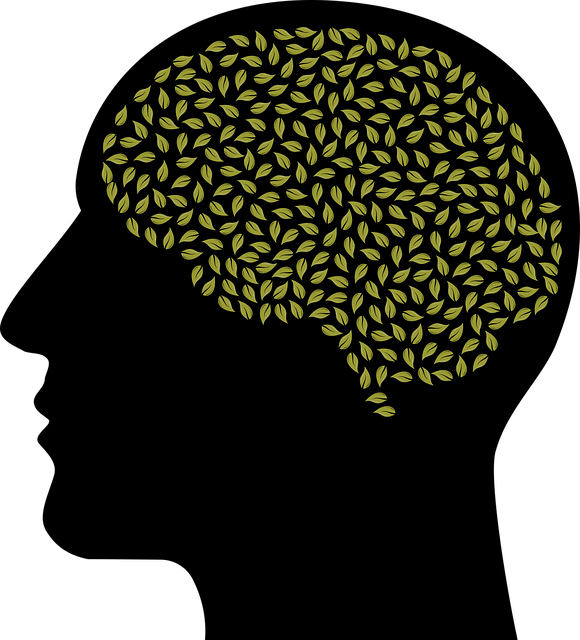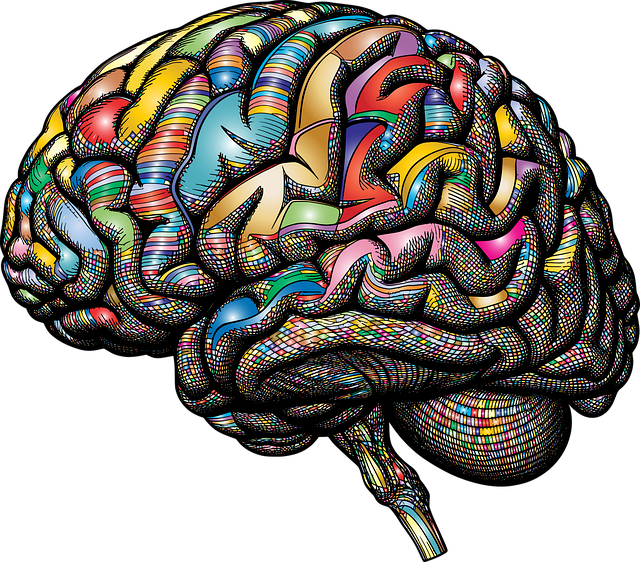TL;DR:
Stress management and crisis counseling are vital tools for young adults navigating academic, career, and social pressures. These strategies, offered through therapy and community outreach, equip individuals with coping mechanisms, emotional processing tools, and resilience to mitigate anxiety, depression, and other mental health issues. Crisis counseling provides short-term intensive support, while structured sessions teach mindfulness, deep breathing, and self-care practices. Incorporating daily coping skills into routines further reduces stress levels and enhances long-term mental well-being for young adults.
Stress management techniques are essential tools for young adults navigating today’s demanding world. This article explores effective strategies to empower individuals in dealing with stress and anxiety, focusing on crisis counseling and therapy techniques. We delve into understanding the impact of stress on this demographic and provide practical insights. From cognitive-behavioral therapy to building resilience, these methods offer a holistic approach to well-being. Discover how crisis counseling and tailored therapy can equip young adults with the skills to cope and thrive in a stressful environment.
- Understanding Stress and Its Impact on Young Adults
- The Role of Crisis Counseling in Stress Management
- Effective Therapy Techniques for Teaching Stress Mitigation
- Practical Strategies for Incorporating Daily Coping Skills
- Building Resilience: Long-Term Benefits of Learning Stress Management
Understanding Stress and Its Impact on Young Adults

Stress is a pervasive issue among young adults, often stemming from academic pressures, career aspirations, and social expectations. This demographic faces unique challenges that can lead to significant mental health concerns if left unaddressed. The impact of prolonged stress on young adults can manifest as anxiety, depression, and even more severe conditions, highlighting the urgent need for effective stress management techniques.
Therapy and crisis counseling play pivotal roles in equipping young adults with coping mechanisms. These therapeutic approaches help individuals identify stressors and develop personalized strategies to manage them. By fostering public awareness campaigns and reducing mental illness stigma, society can encourage early intervention and support for those struggling with stress-related issues. This, in turn, contributes to Depression Prevention efforts, ensuring that young adults have access to the resources they need to thrive in an increasingly demanding world.
The Role of Crisis Counseling in Stress Management

Crisis counseling plays a pivotal role in stress management, especially for young adults navigating life’s challenges. This intensive short-term therapy focuses on providing immediate support and guidance during times of acute distress or crisis situations. By employing effective communication strategies, crisis counselors help individuals process intense emotions, develop coping mechanisms, and gain perspective on their stressors. The goal is to empower clients with the tools necessary to manage future stress effectively.
For young adults, who often face unique pressures such as academic demands, identity formation, and social expectations, crisis counseling can be a game-changer. Through structured sessions, counselors facilitate open dialogue, encouraging individuals to express their feelings and concerns. This process not only enhances emotional well-being but also fosters resilience, enabling young people to better handle future crises. Additionally, community outreach program implementation, which may include workshops or peer support groups, further supports the promotion of healthy emotional coping techniques among this demographic.
Effective Therapy Techniques for Teaching Stress Mitigation

Teaching stress management techniques to young adults involves leveraging effective therapy methods that cater to their unique needs and challenges. Crisis counseling, a specialized approach, equips individuals with coping strategies for immediate distress while fostering resilience. This therapeutic technique emphasizes open communication, encouraging clients to express their feelings and fears freely. By creating a safe, non-judgmental space, mental health professionals can facilitate meaningful discussions around stress triggers and healthy mitigation strategies.
Incorporating communication strategies is paramount in this process. Mental health professionals must guide young adults in identifying their emotional cues and teaching them techniques like mindfulness and deep breathing exercises to regulate their responses. Additionally, risk assessment plays a crucial role in understanding potential self-harm or suicidal ideation, prompting immediate intervention. Equally important, integrating self-care practices into the curriculum empowers individuals to proactively manage stress, promoting long-term mental well-being.
Practical Strategies for Incorporating Daily Coping Skills

Incorporating daily coping skills into one’s routine is a powerful strategy for managing stress and preventing crises. Young adults, in particular, can benefit from learning practical techniques that promote mental well-being. Simple practices such as mindfulness meditation, deep breathing exercises, and regular physical activity can significantly reduce stress levels and enhance overall resilience. These methods are easy to integrate into daily schedules, offering quick relief during stressful moments.
Additionally, therapy for young adults should include crisis counseling techniques tailored to individual needs. Cultural sensitivity in mental healthcare practice is essential, ensuring that coping strategies are accessible and relevant to diverse populations. Conflict resolution techniques and mental health education programs designed with cultural awareness can empower individuals to navigate challenging situations effectively. By combining these approaches, young adults can build a robust toolkit for managing stress, fostering better mental health outcomes.
Building Resilience: Long-Term Benefits of Learning Stress Management

Learning stress management techniques offers young adults a powerful tool for building resilience and fostering mental wellness. In today’s fast-paced world, they face numerous challenges that can trigger anxiety and lead to crisis situations. Through therapy for young adults focused on crisis counseling and stress management, individuals develop coping mechanisms that serve them well in the long term. This proactive approach equips them with the skills needed to navigate life’s stressors, enabling better emotional regulation and enhanced overall mental wellness.
By mastering these techniques, young adults gain a sense of control over their reactions to stressful situations, thereby reducing the likelihood of escalating anxiety or experiencing crisis interventions. The benefits extend beyond immediate relief from stress; it empowers them with a lifelong ability to maintain equilibrium under pressure. This fosters a sense of self-reliance and resilience, enabling them to face future challenges head-on.
Stress management techniques are invaluable tools for young adults, offering a path towards better mental health and well-being. By understanding stress and its impact, incorporating crisis counseling, and learning effective therapy methods, individuals can develop resilience and mitigate long-term negative effects. These practical strategies empower folks to navigate life’s challenges more adeptly, fostering a healthier and more balanced lifestyle. For young adults seeking support, accessing therapy and embracing crisis counseling can be transformative, providing them with the skills needed to thrive in an increasingly demanding world.








